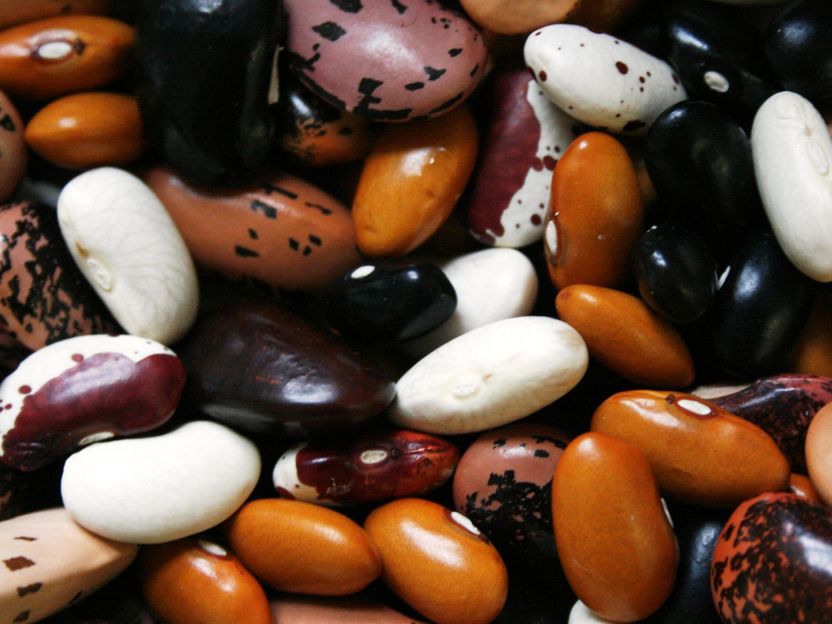Vegan diet rich in legumes beneficial for decreased weight
A vegan diet improves diet quality, leading to decreased weight and improved insulin sensitivity, according to a new study by the Physicians Committee for Responsible Medicine published in the Journal of the Academy of nutrition and Dietetics. Decreased weight was most associated with increased intake of legumes and decreased intake of meat, fish, and poultry.

Pixabay
“Our research shows that the best way to improve the quality of your health is to improve the quality of the foods you eat,” says Hana Kahleova, MD, PhD, director of clinical research at the Physicians Committee and a study co-author. “That means avoiding animal products and eating a vegan diet rich in fruits, vegetables, grains, and beans.”
The participants in the 16-week study included 244 overweight adults who were randomly assigned to either make no diet changes or to follow a low-fat vegan diet, without calorie restrictions, consisting of vegetables, grains, legumes, and fruits. Researchers tracked diet quality, body weight, fat mass, and insulin sensitivity. The final data analysis included 219 participants who completed the whole study and submitted their final diet records.
Participants on the vegan diet lost an average of 13 pounds and 9.1 pounds of fat mass. Body weight and fat mass did not decrease in the group that made no diet changes. In the vegan group, increases in fruit, legume, meat alternative, and whole grain intake and decreases in animal products, added oils, and animal fats were associated with weight loss:
- Fruit: Increased intake of whole fruit was associated with a decrease in body weight.
- Legumes and Meat Alternatives: Increased legume consumption was associated with decreased weight, fat mass, and visceral adipose tissue. Consuming more meat alternatives, including tofu, tempeh, and veggie burgers, was associated with a decrease in body weight.
- Grains: Increased consumption of whole grains was associated with decreased body weight and fat mass.
- Eggs and Dairy Products: Decreased egg intake was correlated with decreased weight. Decreased high-fat dairy intake was associated with decreased weight and fat mass.
- Meat, Fish, and Poultry: Reductions in the combined intake of total meat, fish, and poultry were associated with weight loss and a decrease in fat mass.
- Added Fats: Decreases in intake of added animal fats were associated with decreases in weight and fat mass. Decreased intake of added oils also correlated with decreases in weight and fat mass.
The vegan group also experienced improvements in insulin sensitivity.
The vegan group’s diet quality, measured by the Alternative Healthy Eating Index-2010 (AHEI) score, also increased by 6 points on average in contrast to no significant change in the group that did not make a diet change. The AHEI was developed by researchers at the Harvard School of Public Health to identify dietary patterns associated with lower risk of chronic disease. The index is comprised of foods to eat more often, such as fruits and vegetables, and those to eat less often, such as red and processed meat. The higher the AHEI score, the lower the risk for chronic disease.
Most read news
Topics
Organizations
Other news from the department science

Get the life science industry in your inbox
By submitting this form you agree that LUMITOS AG will send you the newsletter(s) selected above by email. Your data will not be passed on to third parties. Your data will be stored and processed in accordance with our data protection regulations. LUMITOS may contact you by email for the purpose of advertising or market and opinion surveys. You can revoke your consent at any time without giving reasons to LUMITOS AG, Ernst-Augustin-Str. 2, 12489 Berlin, Germany or by e-mail at revoke@lumitos.com with effect for the future. In addition, each email contains a link to unsubscribe from the corresponding newsletter.


















































